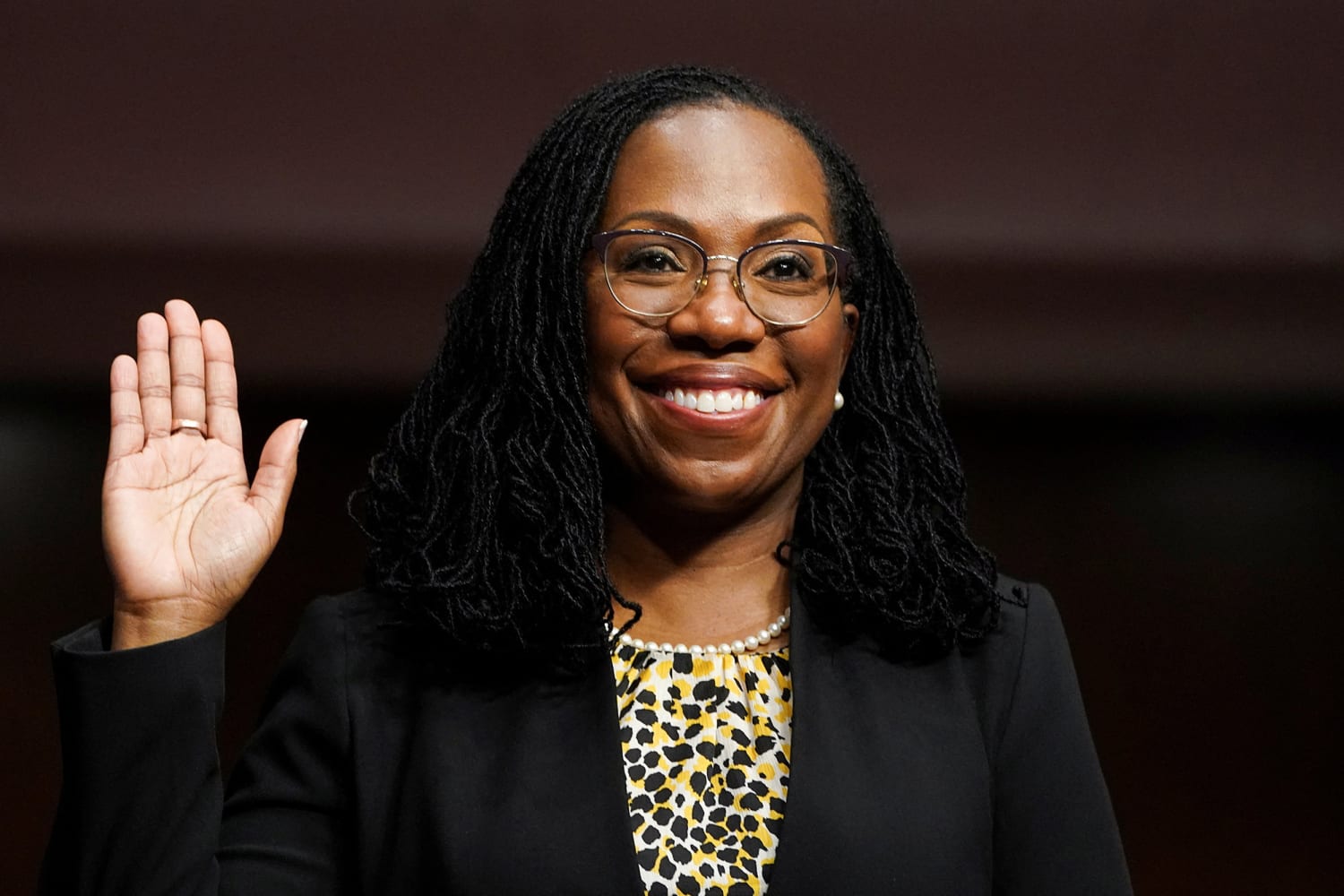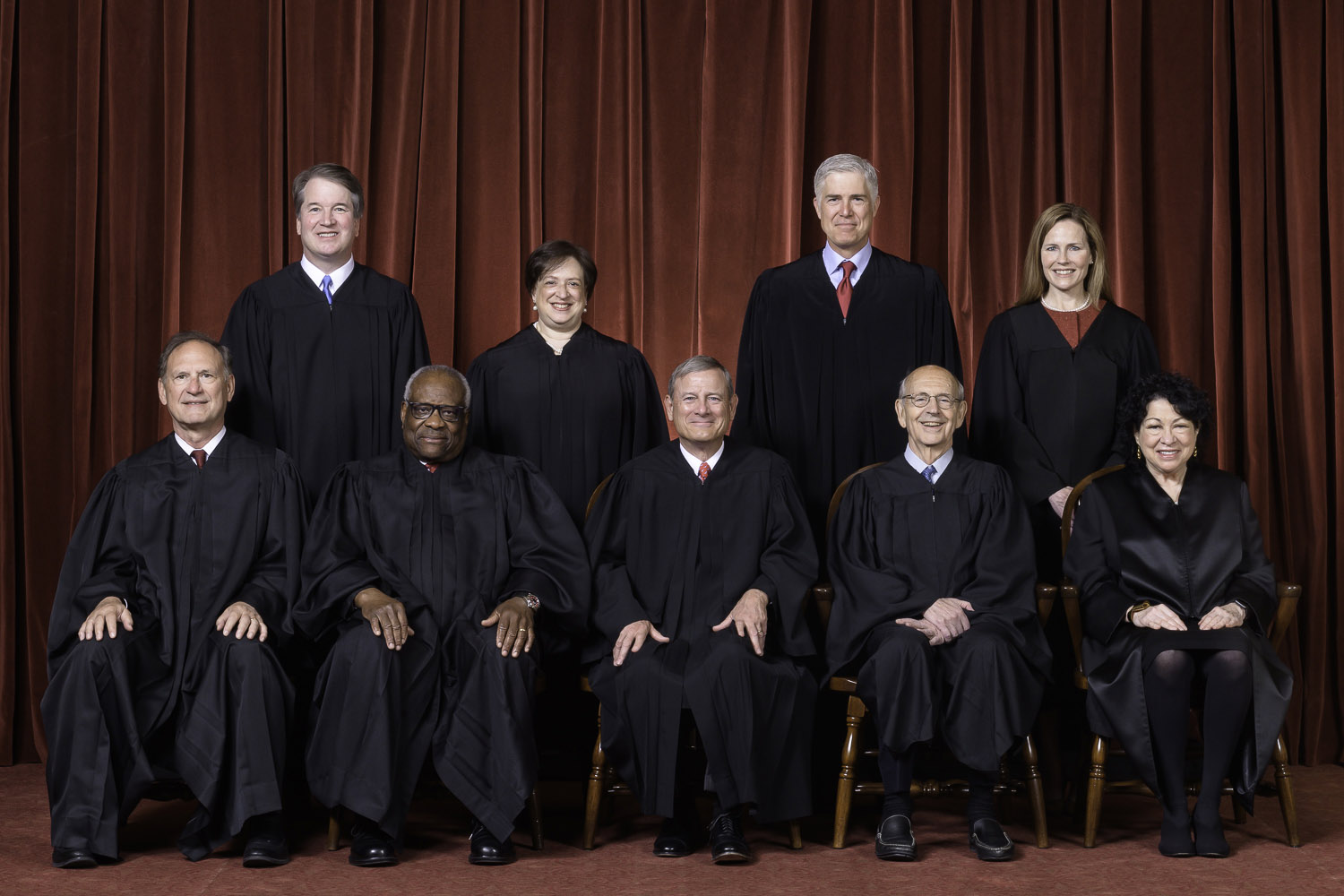
Once Name Image and Likeness (“NIL”) deals became permissible for college athletes, and huge sums of money became part of the recruitment process, it was inevitable that lawsuits would ultimately follow. Yesterday that shoe dropped for the first time. Jaden Rashada, a highly recruited quarterback, sued the head football coach for the University of Florida and a prominent booster for allegedly reneging on promises to pay millions of dollars.
The lawsuit gives us a glimpse of what the influx of NIL money has done to the college football recruiting process. It alleges that the head coach, the booster, and others defrauded Rashada by promising him $13.85 million to sign with Florida and then, after he turned down other programs offering less money and signed his national letter of intent, backing out of the deal. Among other allegations, the lawsuit asserts that the head coach promised Rashada’s father than he would receive a $1 million “partial payment” after Rashada signed the national letter of intent, but the player never got the money and the boosters didn’t live up to their payment promises.
Allegations in a lawsuit are just that–allegations that haven’t yet been tested by evidence presented in court–but the picture they paint of what the college football recruiting process has now become is pretty amazing. It’s a world that former coaches, like Woody Hayes, simply wouldn’t recognize. As an indication of how much the world has changed in this area, consider this: only a decade or so before the incidents described in this lawsuit, Ohio State football players were suspended for trading autographs and football memorabilia for tattoos, which seems pretty tame by comparison.
Another interesting wrinkle in this is that Rashada ended up going to Georgia–which, like Florida, is in the SEC. CBS Sports reports that Rashada told the Georgia head coach of his plan to sue the Florida head coach, and the Georgia head coach gave his okay. Why not–if highly touted recruits become skeptical about Florida’s NIL promises, that puts Florida at a disadvantage against Georgia and other competing schools. In any case, the lawsuit will make for an interesting game when Georgia and Florida square off this season. Now, rivalries won’t only be contested on the gridiron, but apparently in the courtroom as well.









 The case involved an Indiana man who was arrested for selling several hundred dollars’ worth of heroin, had his $42,000 Range Rover seized as part of the process — even though the maximum fine for his crime was $10,000 — and sued to get his car back. The Indiana Supreme Court ruled that the “excessive fines” clause of the Eighth Amendment did not apply to the states, even though the “excessive bail” and “cruel and unusual punishment” clauses have long been applied to the states. The Supreme Court, in an opinion written by Justice Ruth Bader Ginsburg, disagreed.
The case involved an Indiana man who was arrested for selling several hundred dollars’ worth of heroin, had his $42,000 Range Rover seized as part of the process — even though the maximum fine for his crime was $10,000 — and sued to get his car back. The Indiana Supreme Court ruled that the “excessive fines” clause of the Eighth Amendment did not apply to the states, even though the “excessive bail” and “cruel and unusual punishment” clauses have long been applied to the states. The Supreme Court, in an opinion written by Justice Ruth Bader Ginsburg, disagreed. In the case, the New York courts were presented with expert evidence “that chimpanzees exhibit many of the same social, cognitive and linguistic capabilities as humans and therefore should be afforded some of the same fundamental rights as humans.” In a nutshell, however, the court of appeals concluded — correctly, in my view — that the fact that chimpanzees exhibit some humanlike characteristics is simply not enough to make them “persons” in the eyes of the law. The court reasoned that “[t]he asserted cognitive and linguistic capabilities of chimpanzees do not translate to a chimpanzee’s capacity or ability, like humans, to bear legal duties, or to be held legally accountable for their actions.” And, the court added, the flip side of personhood would mean that chimpanzees could be held criminally accountable for killing or injuring humans — something that has not been done, obviously, because chimpanzees do not have moral culpability for such acts, nor do they have the capacity to understand the proceedings against then or to assist in their own defense, which is what courts typically look for in deciding whether a defendant is competent.
In the case, the New York courts were presented with expert evidence “that chimpanzees exhibit many of the same social, cognitive and linguistic capabilities as humans and therefore should be afforded some of the same fundamental rights as humans.” In a nutshell, however, the court of appeals concluded — correctly, in my view — that the fact that chimpanzees exhibit some humanlike characteristics is simply not enough to make them “persons” in the eyes of the law. The court reasoned that “[t]he asserted cognitive and linguistic capabilities of chimpanzees do not translate to a chimpanzee’s capacity or ability, like humans, to bear legal duties, or to be held legally accountable for their actions.” And, the court added, the flip side of personhood would mean that chimpanzees could be held criminally accountable for killing or injuring humans — something that has not been done, obviously, because chimpanzees do not have moral culpability for such acts, nor do they have the capacity to understand the proceedings against then or to assist in their own defense, which is what courts typically look for in deciding whether a defendant is competent. Social media also has had a significant impact. Anyone who likes the convenience of Facebook as a way to keep in touch with their old friends, family members and colleagues is giving up a piece of their privacy. And when technology and social media meet, the erosion can become even more pronounced.
Social media also has had a significant impact. Anyone who likes the convenience of Facebook as a way to keep in touch with their old friends, family members and colleagues is giving up a piece of their privacy. And when technology and social media meet, the erosion can become even more pronounced. There are three reasons for this. First, the Supreme Court has assumed an increasingly important role in the American political process over the last 70 years, with people at all points on the political spectrum looking for the judiciary to recognize a new right, provide a remedy, issue an injunction, or overturn a statute or executive action. The Supreme Court is the head of the judicial branch, and every year, the Court accepts and decides cases that require it to tackle difficult issues — some constitutional, some statutory, some procedural — that can have broad ramifications for people, businesses, the legal system, and how government works.
There are three reasons for this. First, the Supreme Court has assumed an increasingly important role in the American political process over the last 70 years, with people at all points on the political spectrum looking for the judiciary to recognize a new right, provide a remedy, issue an injunction, or overturn a statute or executive action. The Supreme Court is the head of the judicial branch, and every year, the Court accepts and decides cases that require it to tackle difficult issues — some constitutional, some statutory, some procedural — that can have broad ramifications for people, businesses, the legal system, and how government works. For its part, American Airlines — which doesn’t serve those little bags of peanuts to its passengers, incidentally — notes that it limits pre-boarding to people with physical disabilities that require them to get assistance in making it down the jet bridge and into their seats. AA states that its planes are cleaned regularly, but the cleaning efforts, and for that matter the air filtration systems on the planes, are not designed to remove all traces of nut allergens. The airline states that it cannot establish “nut-free zones” on its planes, and it does not prevent other passengers from bringing nuts on board.
For its part, American Airlines — which doesn’t serve those little bags of peanuts to its passengers, incidentally — notes that it limits pre-boarding to people with physical disabilities that require them to get assistance in making it down the jet bridge and into their seats. AA states that its planes are cleaned regularly, but the cleaning efforts, and for that matter the air filtration systems on the planes, are not designed to remove all traces of nut allergens. The airline states that it cannot establish “nut-free zones” on its planes, and it does not prevent other passengers from bringing nuts on board.